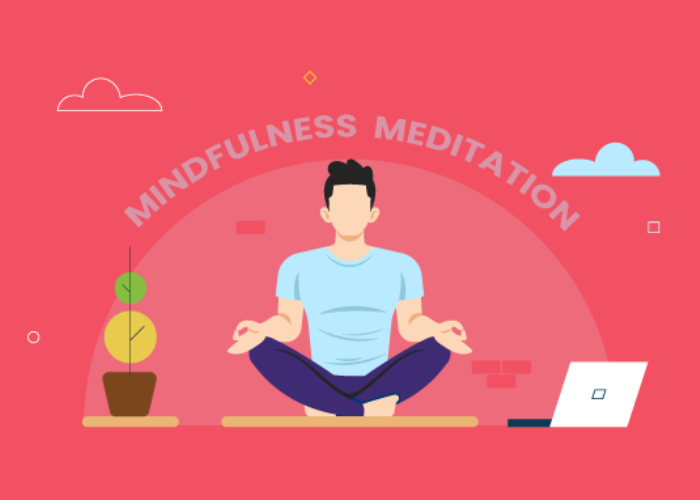Meditation has been around for centuries and has been used to promote mental and physical well-being. In today’s world, meditation has become increasingly popular as a way to reduce stress and anxiety, improve focus and clarity, and gain greater insight into your thoughts, feelings, and behaviors. This guide will cover the basics of meditation and provide some tips to get started with your own practice.
What is Meditation?
Meditation is the practice of focusing your attention on a single point of reference, such as your breath, a sound, a mantra, or an image. It is a way to train your mind to be more aware of the present moment and to reduce the activity of the mind. Through meditation, you can learn to let go of thoughts and feelings that are causing stress and anxiety and to connect with a sense of stillness and peace.
Benefits of Meditation
Meditation has many benefits, both physical and mental. Physically, it can reduce blood pressure, improve heart health, boost immunity, and improve sleep quality. Mentally, it can improve focus and clarity, reduce stress and anxiety, and increase your overall sense of well-being.
How to Get Started with Meditation
Getting started with meditation can seem daunting, but it’s actually quite simple. First, find a comfortable position, either sitting or lying down. Close your eyes, and begin to focus your attention on your breath. When thoughts or sensations arise, simply observe them without judgment and then gently return your focus to your breath. Start with just a few minutes of meditation each day and gradually increase the amount of time as your practice grows.
Different Types of Meditation
There are many different types of meditation, from mindfulness meditation to guided meditation to more traditional styles like Transcendental Meditation. Each type of meditation has its own unique benefits, so it’s a good idea to explore different styles to see which one works best for you.
Tips for Making Meditation Part of Your Routine
Making meditation part of your daily routine can help you stay consistent and reap the full benefits of your practice. Set aside a specific time each day to meditate, and choose a space that is comfortable and free of distractions. It can also be helpful to set a timer and use a meditation app or audio recordings to guide your practice.
Challenges and Misconceptions About Meditation
One of the most common misconceptions about meditation is that it is difficult, boring, or time-consuming. In reality, meditation can be a very enjoyable and rewarding experience. It is also important to remember that it is normal to have moments of distraction and that with time and practice, these distractions will become less frequent.
Conclusion
Meditation is a powerful tool to achieve greater mental and physical well-being. By dedicating just a few minutes each day to your practice, you can experience the full benefits of meditation and lead a healthier, more mindful life.
Related posts
Recent Posts
InformalNewz: A New Era of Unconventional News Reporting
In the ever-evolving landscape of media and journalism, new platforms and approaches are constantly emerging to meet the demands of…
Balanced Living: Strategies for Achieving Wellness in a Hectic World
In today’s fast-paced world, achieving a sense of balance can often feel like an elusive goal. Juggling work, family, social…



